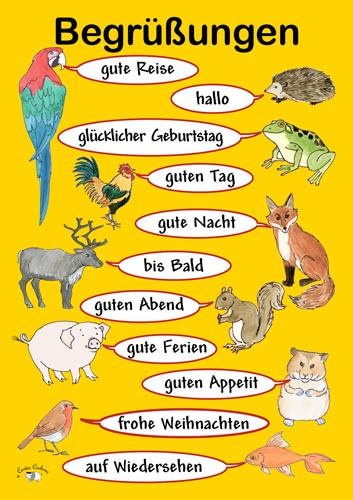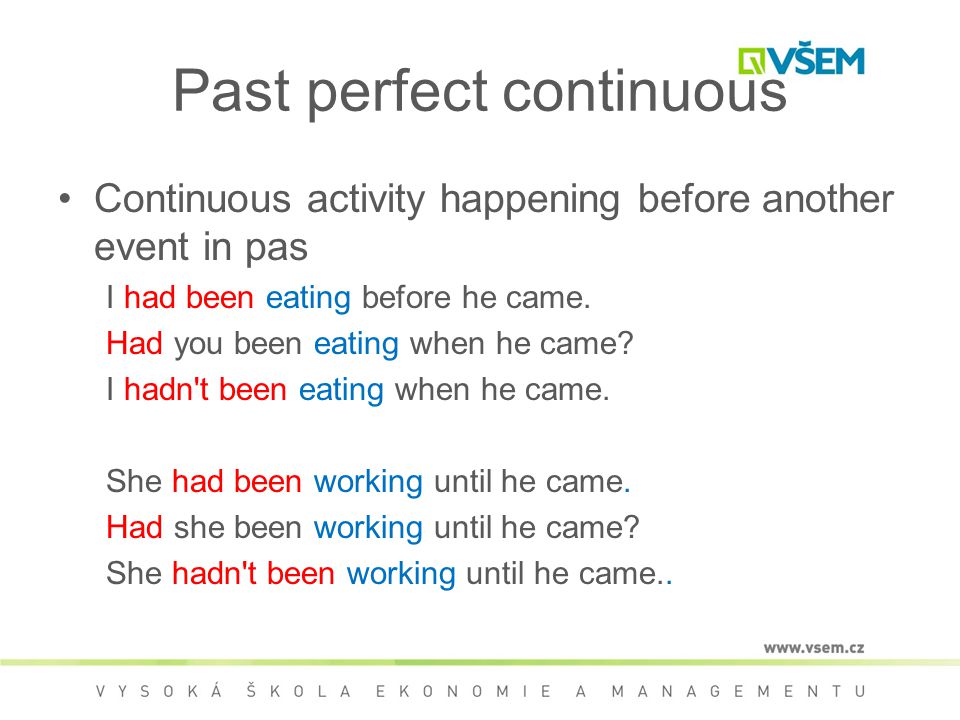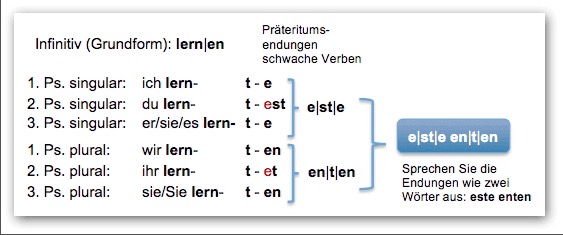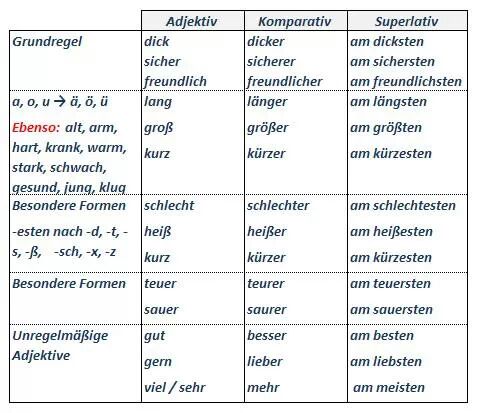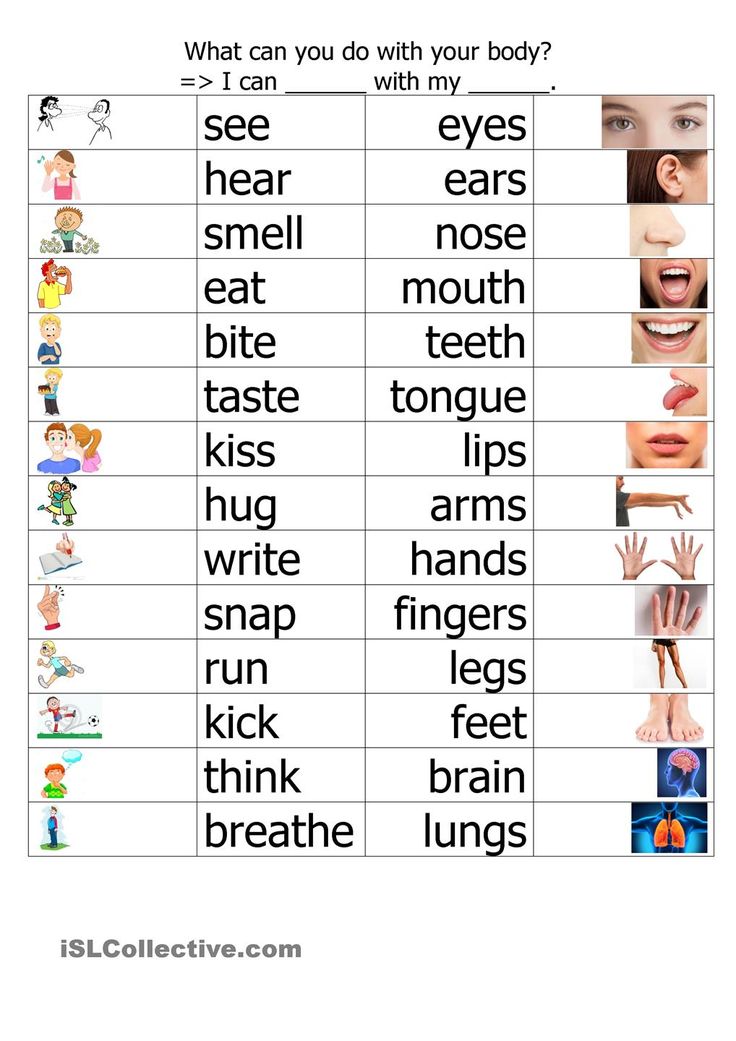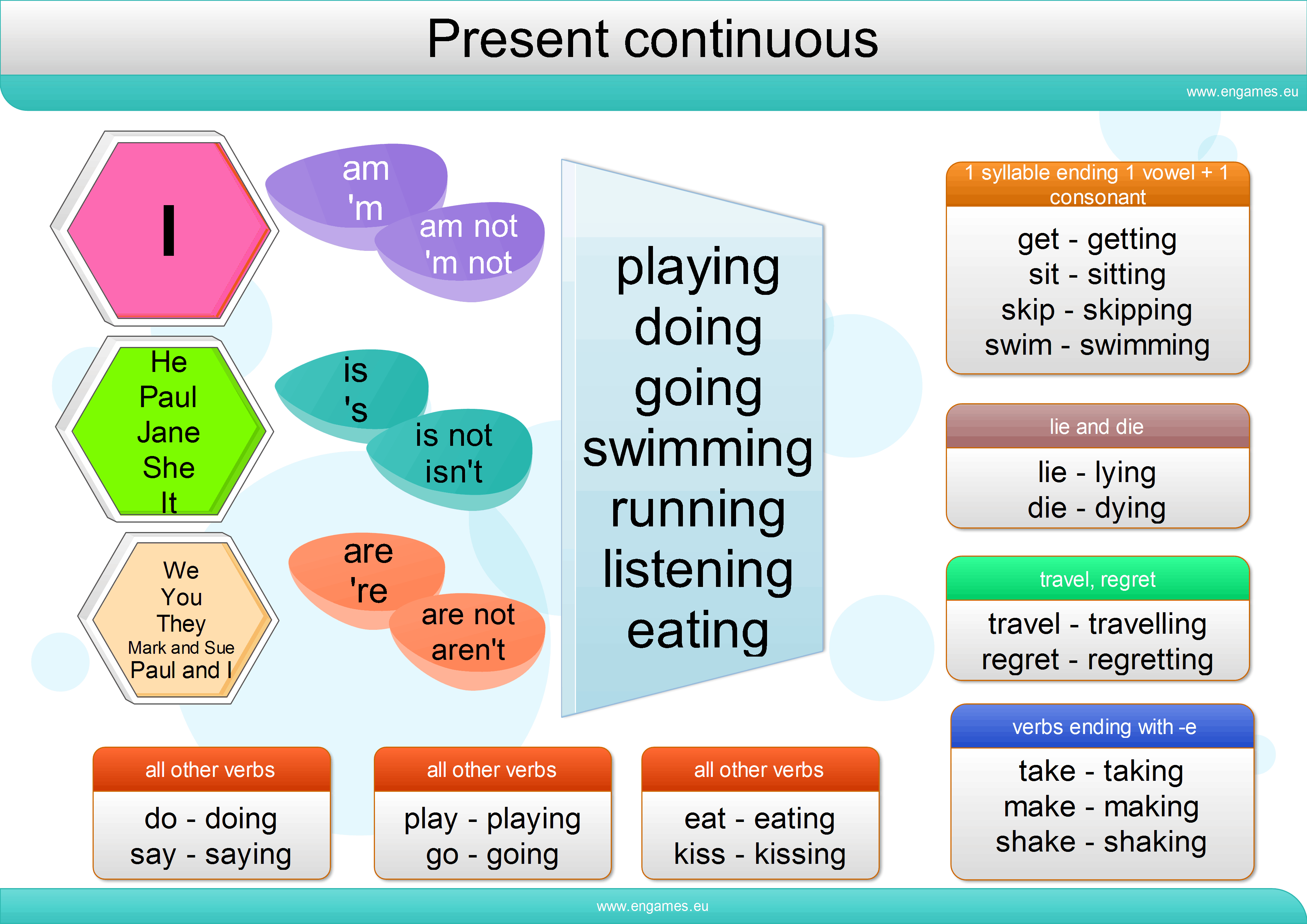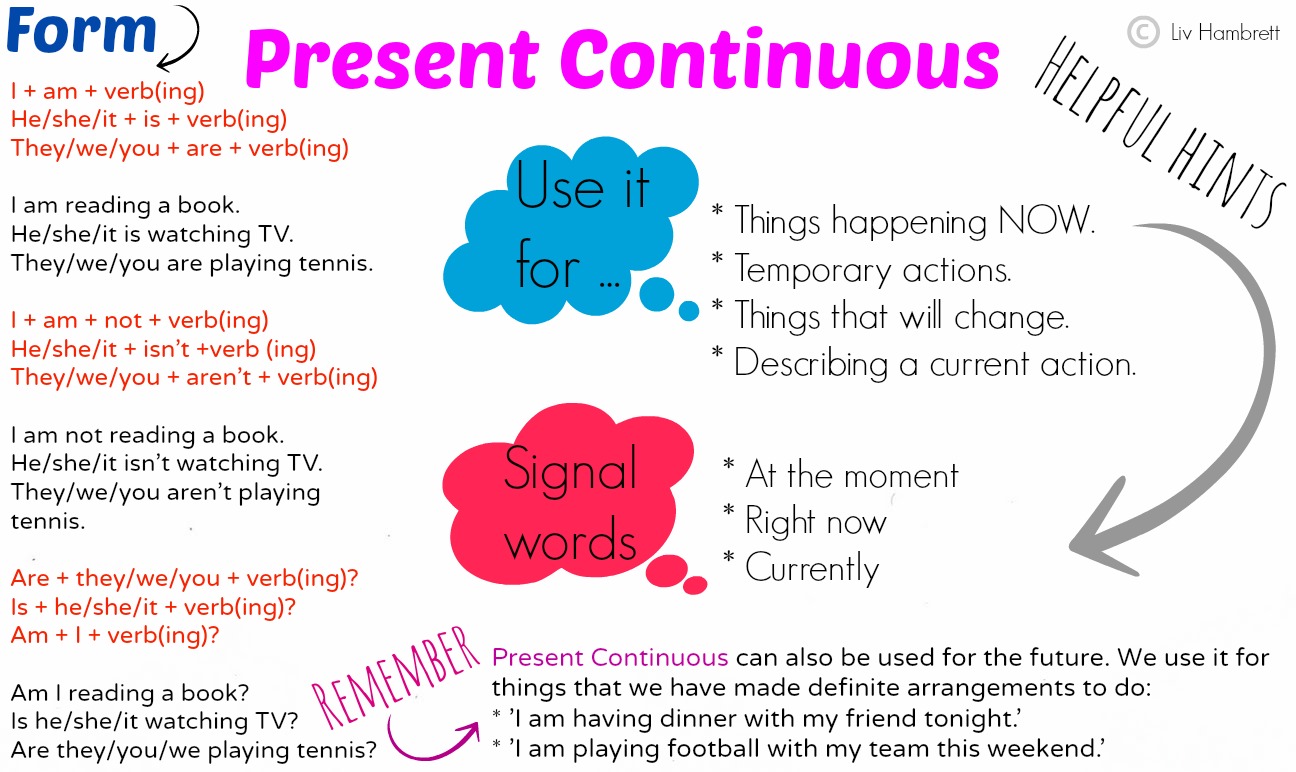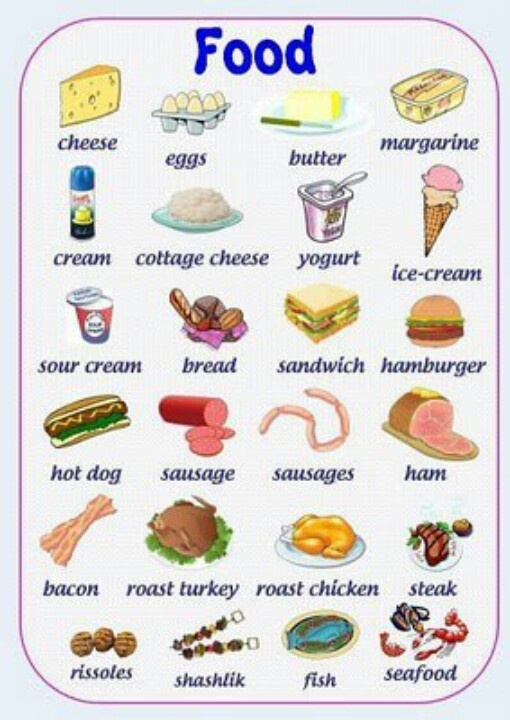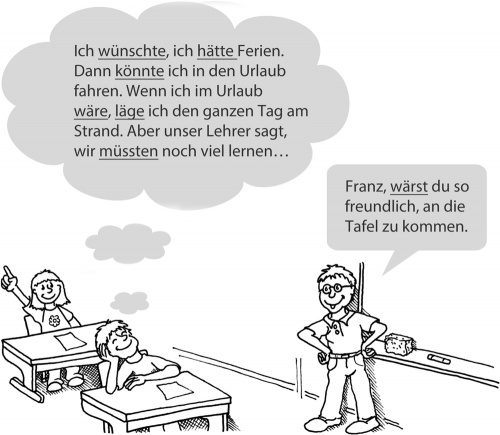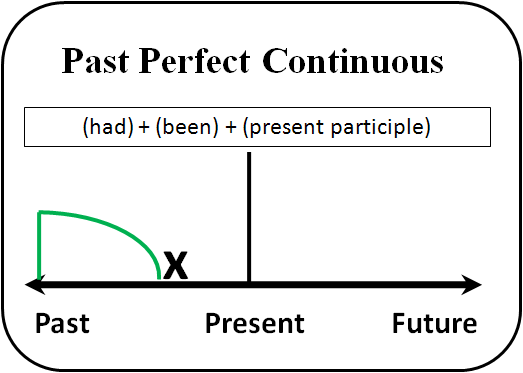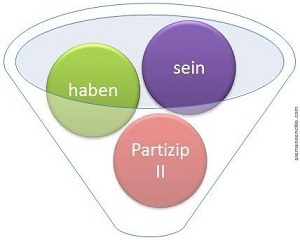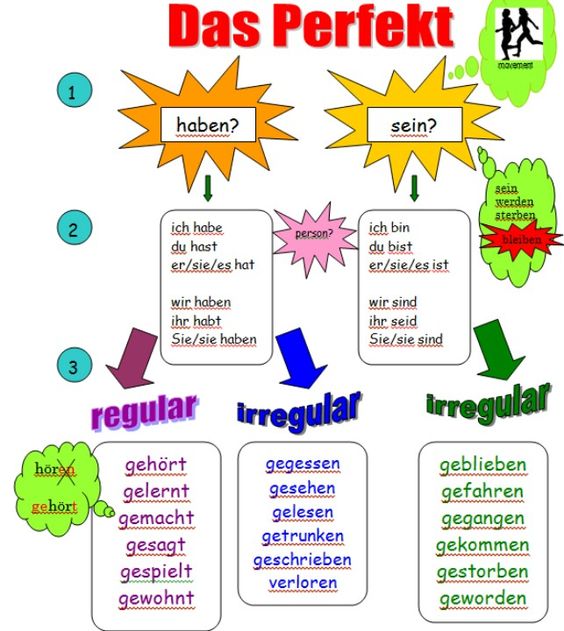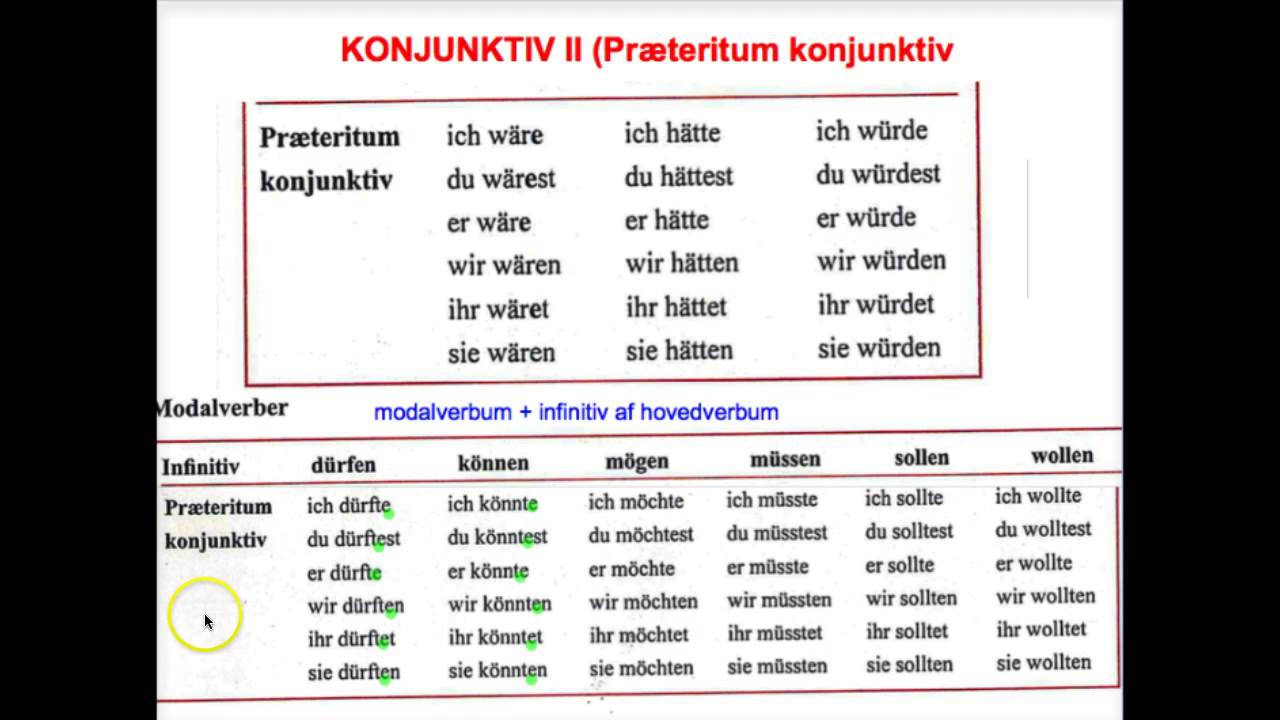Show Categories

30
1
recent by anesabajrami
· Mar 4 '17 at 11:01 am
123
1
recent by anesabajrami
· Mar 3 '17 at 7:57 pm
114
1
recent by anesabajrami
· Mar 3 '17 at 7:20 pm
108
1
recent by anesabajrami
· Mar 3 '17 at 7:05 pm
70
0
76
1
recent by anesabajrami
· Mar 2 '17 at 1:19 pm
77
0
55
0
145
0
55
0
138
0
91
0
209
7
recent by besnikibrahimi
· Feb 28 '17 at 7:39 pm
332
8
recent by besnikibrahimi
· Feb 28 '17 at 7:35 pm
726
0
66
1
recent by anesabajrami
· Feb 27 '17 at 8:14 pm
178
1
recent by eldaiseni
· Feb 27 '17 at 6:12 pm
51
0
180
0
106
1
recent by anesabajrami
· Feb 26 '17 at 3:31 pm
57
1
recent by anesabajrami
· Feb 25 '17 at 9:40 pm
201
0
188
0
91
1
recent by anesabajrami
· Feb 24 '17 at 7:43 pm
64
0
90
3
recent by Agnesashabani
· Feb 24 '17 at 7:07 pm
73
0
59
0
218
0
115
0
All posts under this topic will be deleted ?
With selected
deselect topics

